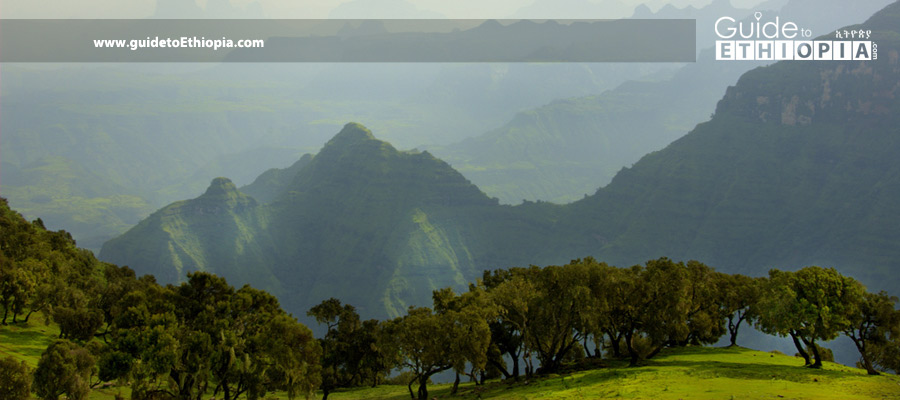
Land
Ethiopia, covering an area of 1.14 million square Km, is the tenth largest country in Africa.It is located in East Africa in the sub-region known as the Horn of Africa, between the approximate latitudes of 4 and 14 degrees north. The south end of Ethiopia’s Danakil Depression ends in neighboring Djibouti at the lowest place […]
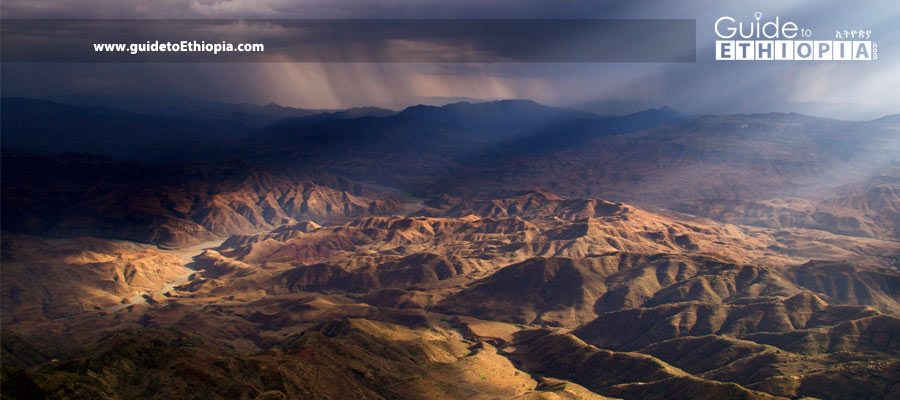
Climate
There are two distinct seasons in Ethiopia. The dry season prevails from October through May; the wet season runs from June to September, but there is also a short rainy season in March or April, especially toward southern Ethiopia, and rain can happen at any time of the year. However, even during the long rainy […]
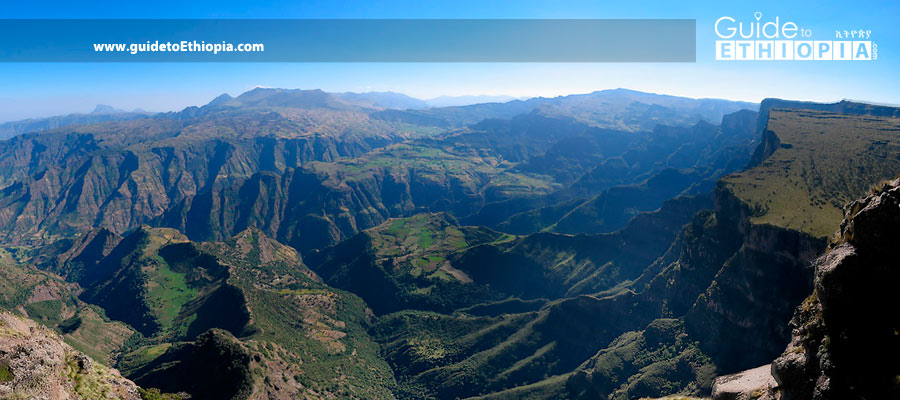
Topography
Ethiopia is a land of rugged mountains, broad savannahs, and many lakes and rivers. The country is composed of an elevated central plateau generally varying in height from 2,000m and 3,000m. In the north and center of the country, there are up to 25 mountains whose peaks rise over 4,000m, the tallest being Ras Dejen […]
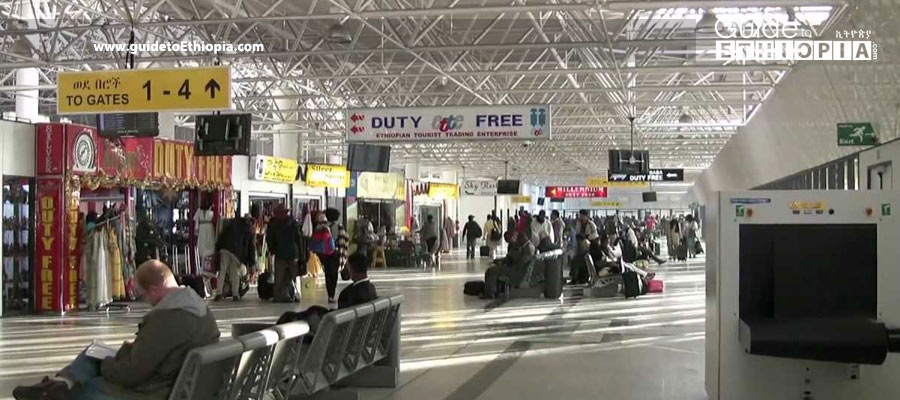
Getting there / Entry / Visa
All international flights arrive and depart from Bole International Airport in Addis Abeba. The national carrier, Ethiopian Airlines (www.ethiopianairlines.com) is Africa’s oldest airline, and it has an excellent safety record, as well as the most extensive intraAfrican flight network of any carrier, and links to several major European and North American cities. Dire Dawa airport […]
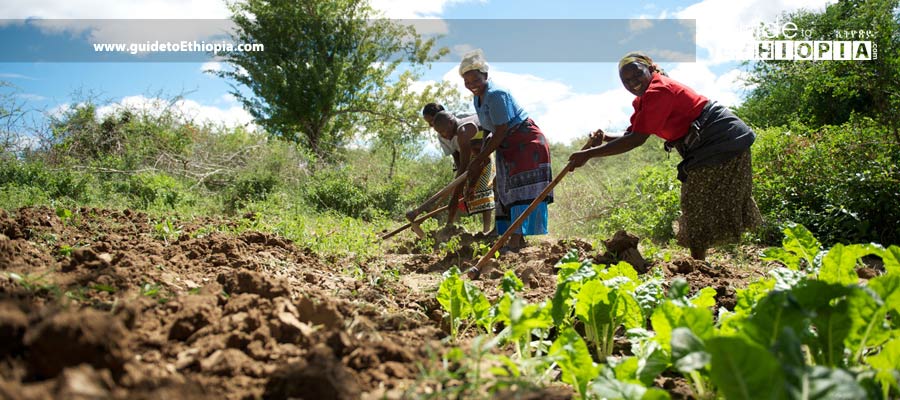
Economy
Ethiopia is predominantly an agricultural county where it accounts for about 42.9% of the country’s gross domestic product (GDP), more than 90% of total exports, and at least 85% of employment. The principal exports from this sector are coffee, finished leather products, oilseeds, pulses, khat, flowers, vegetables, and foodstuffs for animals. There is also a […]
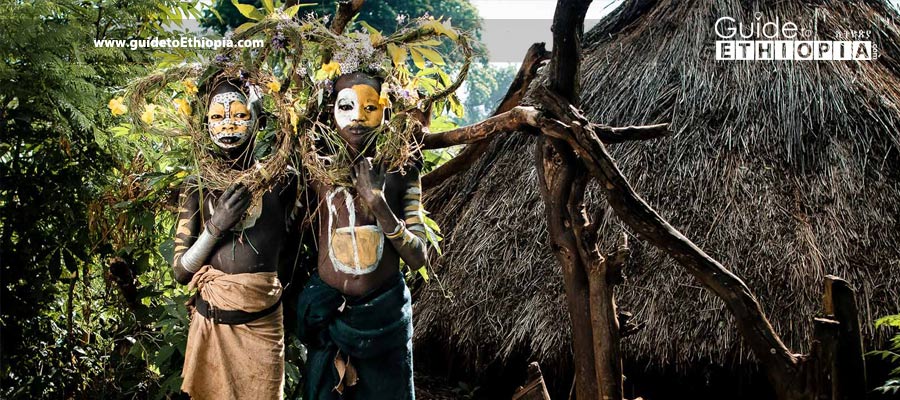
People and Culture
Ethiopia, with a population of up to 93.8 million by some estimates, is the second most populous nation in Africa. The Ethiopian people are composed of different ethnic, religious, and linguistic backgrounds ranging from Cushitic and Nilotic, like other East African countries, to Semitic like those found in the Middle East. The population is composed […]
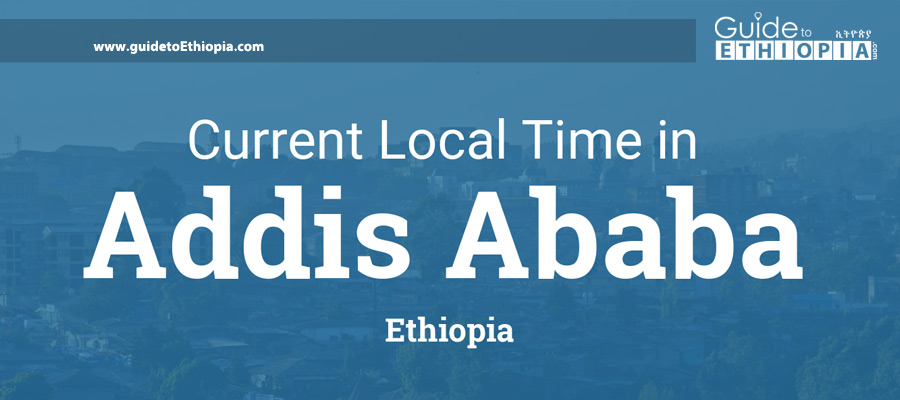
Time Zone
Ethiopia is three hours ahead of GMT. The Ethiopian calendar is based on the Julian calendar, which consists of 12 months of 30 days each, and a 13th month of five or 6 (on a leap year) days. The calendar is 7 years behind the Western or Gregorian calendar, with New Year’s Day falling in […]

Predominant Religions
The peaceful existence of Christianity and Islam, the two major religions in Ethiopia, which entered the country near their times of founding, demonstrates the hospitality of the country. Both entered Ethiopia in what is now Tigrai Regional State. Axum hosts the famous Ark of the Covenant brought from Jerusalem, and Negash hosts the location of […]
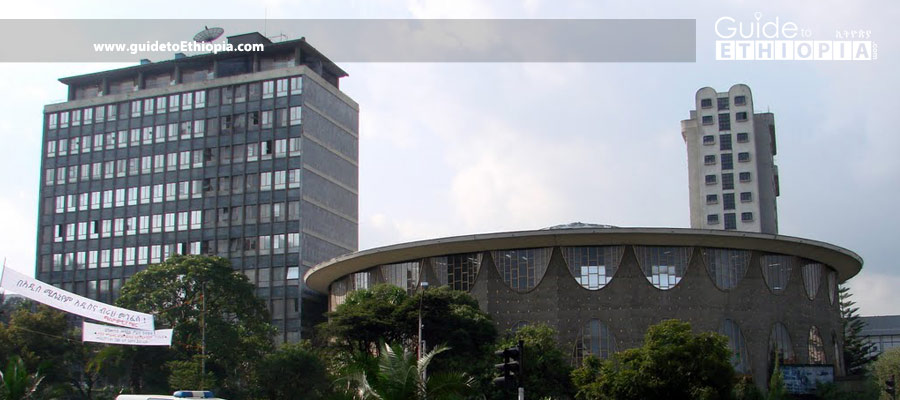
Banking Hours / Currency
There are a number of banks within easy reach. Banking hours are generally from 8:00am until at least 4:30pm, Monday through Saturday. Most banks work through lunchtime. However, foreign exchange services are closed during lunch hours (12:00 noon to 1:00pm). Currency : The local currency is the Ethiopian Birr. The Birr is divided into 100 […]

Communication
All modern forms of communication, be they telephone, mobile, fax, or Internet, are available, as telecommunication in Ethiopia is generally good. Telephones have direct dialing to most countries in the world. Coin operated booths are available in major cities. Airtime cards are sold at most shops and hotels. The country code is 251 and Addis […]

Working Hours
Government office hours are from 8:30am to 12:30pm and 1:30pm to 5:30pm, Monday through Thursday. Working hours on Friday are 8:30am to 11:30am and 1:30pm to 5:30pm. Private businesses are often open on Saturdays. Museums and other historical sites generally keep similar hours, but also open on Saturdays and Sundays (Perhaps slightly shortened hours). National […]
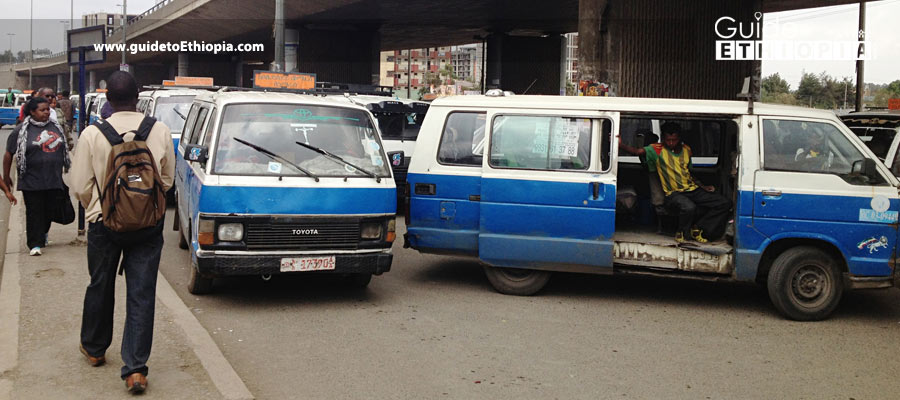
Driving and Taxis
Driving is on the right-hand side of the road, and visitors may use certain countries’ valid driving license for up to 30 days. After that, the foreign license must be used to obtain an Ethiopian driving license. Wearing of seat belts is enforced for drivers. The maximum speed limit within the city is 60km/hr. Car […]
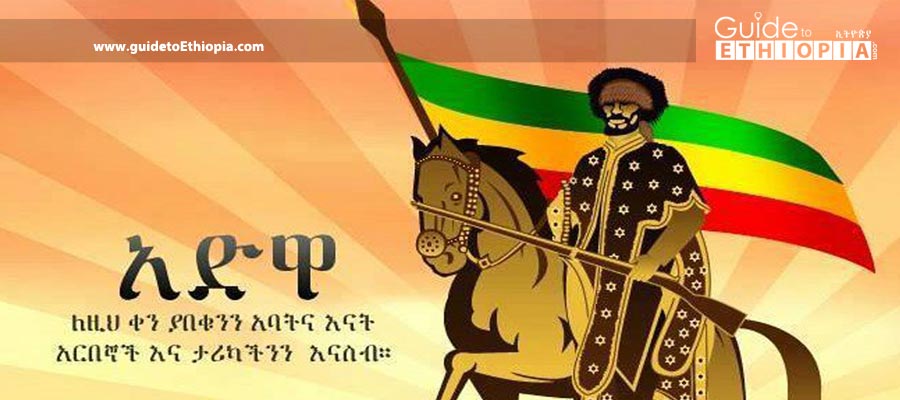
Public Holidays
Public Holidays Non-Islamic public holidays are celebrated according to the Ethiopian (Coptic or Julian) calendar. The corresponding dates in the Gregorian calendar are listed below. Ethiopian leap year, which usually happens in the September before that of the Gregorian, can push the dates of such holidays that fall from September to February forward by one […]

Customs
Duty-free items are allowed for visitors. However, there is a limit on the amount of items sold. 500cc (0.5 liters) of perfume, two liters of alcoholic liquors, 250 grams of tobacco, 200 cigarettes, and 100 cigars are allowed for each visitors to buy duty-free. Professional articles, items, and samples, including those imported by businessmen and […]
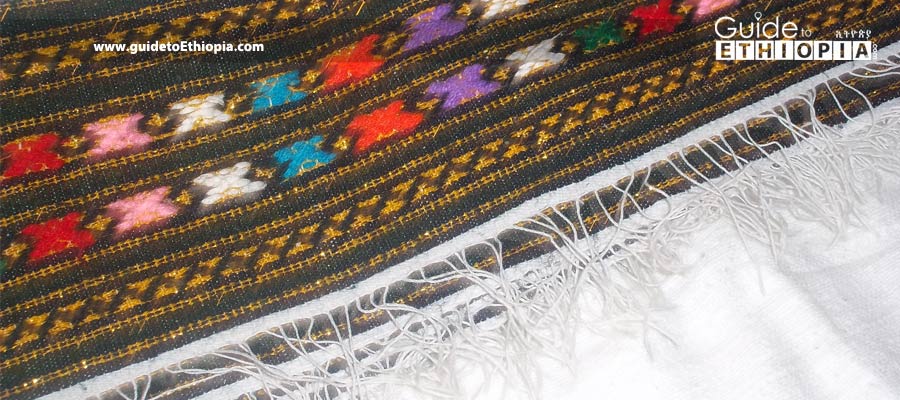
What to Wear
Light clothing is sufficient most of the year, similar to what you might wear on a warm European summer (though not so scanty not to offend local sensibilities), but it is advisable to carry some warm clothing, such as a light jacket, as temperatures drop at nighttime, especially from October through December, as well as […]

Recent Comments